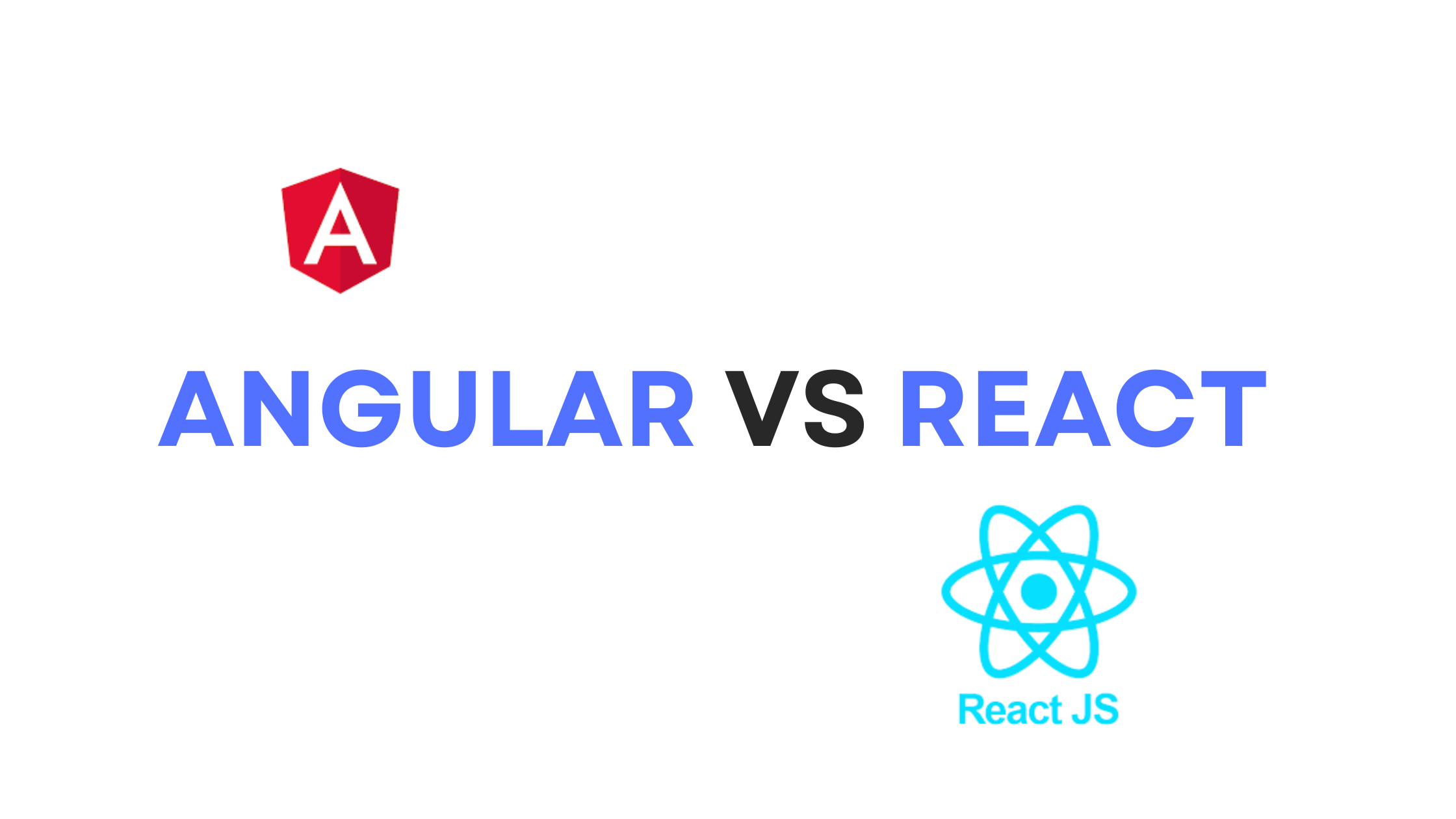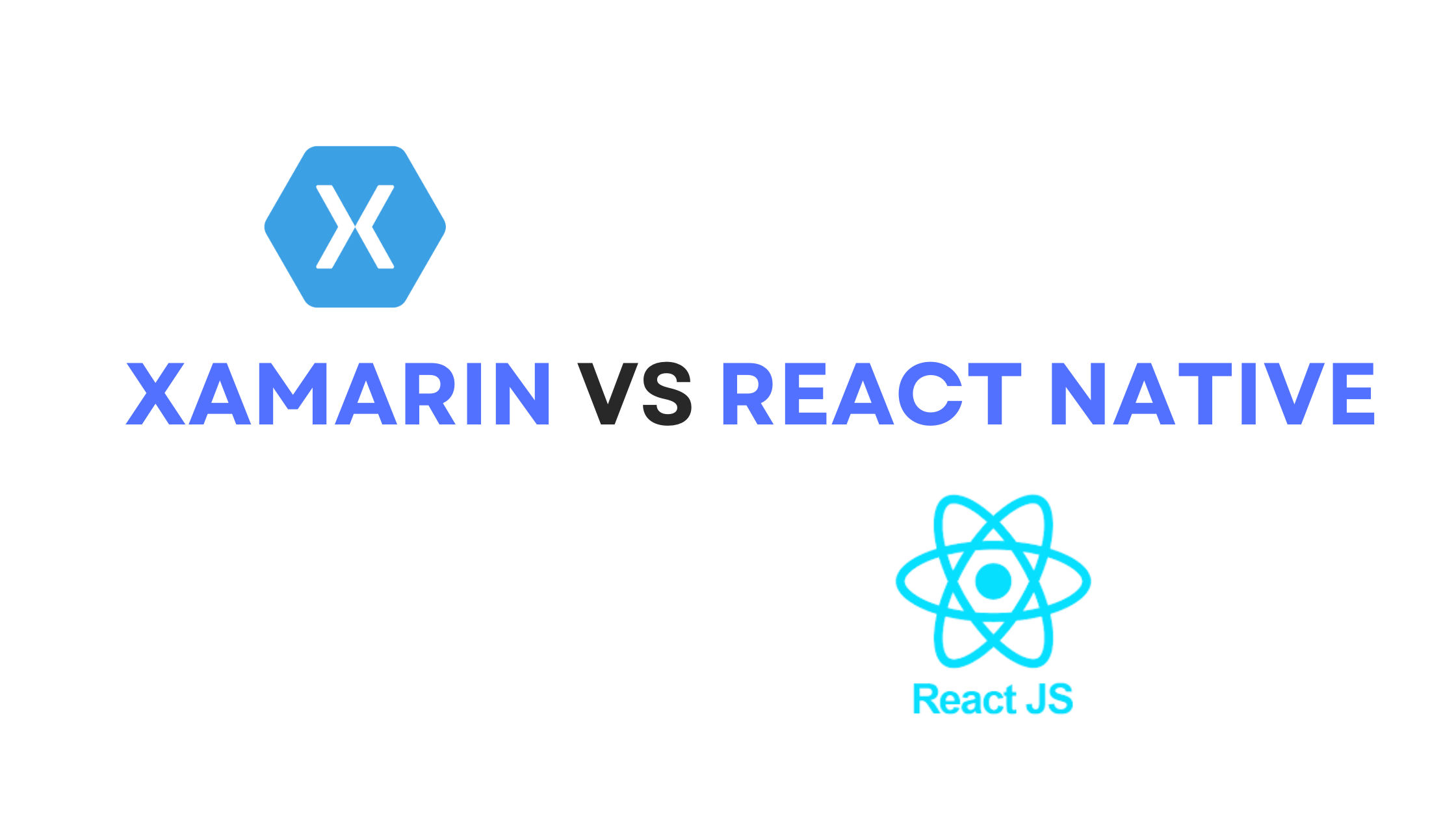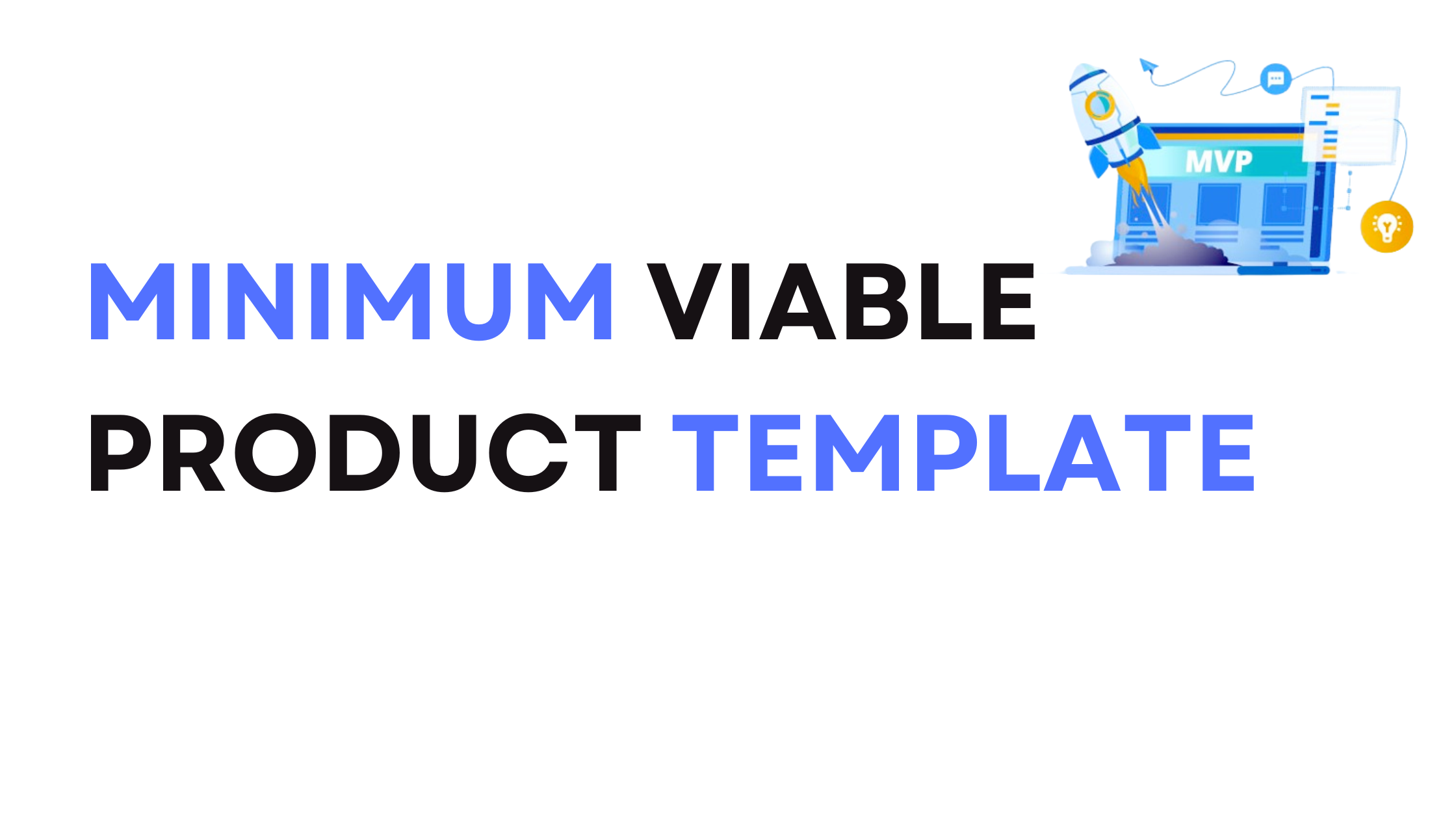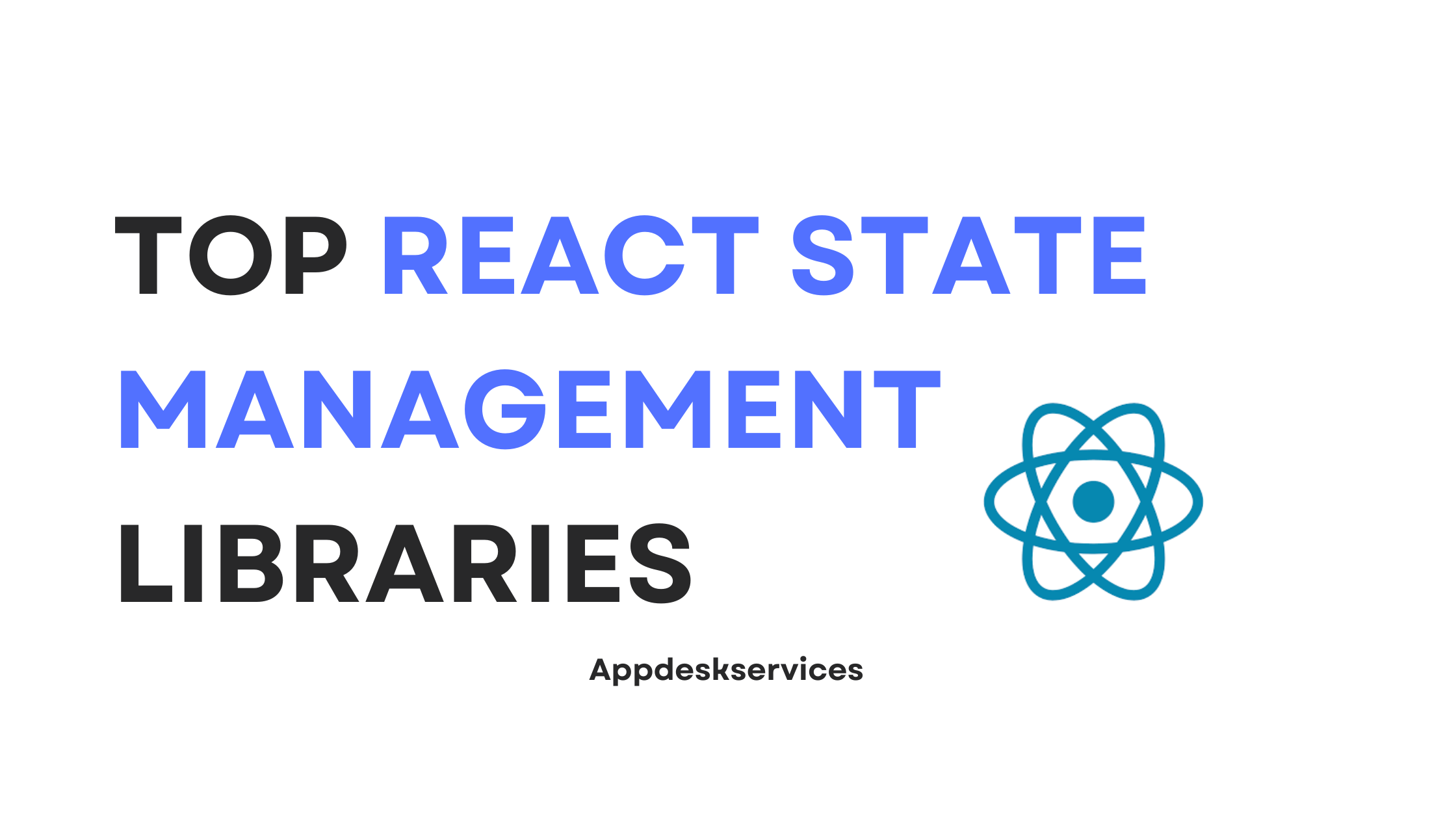In the realm of database management and collaboration tools, NocoDB vs Baserow have emerged as significant players. Both platforms offer unique features and capabilities, catering to the evolving needs of businesses and developers in managing and manipulating data efficiently.
Understanding NocoDB vs Baserow
NocoDB

NocoDB is often referred to as an open-source alternative to Airtable. It transforms your SQL databases into a smart spreadsheet interface, allowing for easy manipulation and visualization of data. NocoDB operates by connecting to your existing databases like MySQL, PostgreSQL, SQL Server, and SQLite, and it doesn’t require you to migrate data to a new system. This feature is particularly beneficial for those who want to leverage their existing database infrastructure while adding enhanced user-friendly interfaces and collaboration features.
Core Features of NocoDB:
- Custom Database Creation: NocoDB allows users to create custom databases tailored to their specific needs. It supports various SQL databases, including MySQL, PostgreSQL, SQL Server, and SQLite.
- Table and View Management: Users can create and manage tables and views, making data organization and retrieval more efficient. This feature is particularly useful for handling large datasets and complex data structures.
- Spreadsheet-Like Interface: The platform offers a spreadsheet-like interface, which is familiar to most users, thereby reducing the learning curve and enhancing productivity.
Example Application: Imagine a software development team using NocoDB to build a project management dashboard. They can easily connect NocoDB to their existing SQL database, where all their project data is stored. From there, they can create custom tables for tracking progress, assign tasks, set deadlines, and even visualize project timelines. The spreadsheet-like interface makes it easy for the entire team to collaborate, update statuses, and make data-driven decisions.
Baserow

Baserow, on the other hand, is also an open-source no-code tool that offers a user-friendly interface for database creation and management. It stands out for its simplicity and ease of use, making it accessible even to those with minimal technical expertise. Baserow allows users to create databases from scratch, offering a variety of templates and customization options. It’s designed for flexibility and ease of integration, making it a suitable choice for businesses and individuals who need a straightforward, yet powerful database management tool.
Focus on Simplicity and Ease of Use:
- User-Friendly Interface: Baserow offers a clean and intuitive interface, making it accessible even to non-technical users.
- Drag-and-Drop Functionality: Users can easily create databases, tables, and fields using drag-and-drop functionality, simplifying the database design process.
- Template-Based Approach: Baserow provides various templates, which can be a great starting point for users to build their custom databases.
Example Application: Consider a small business setting up a customer relationship management (CRM) system using Baserow. They can start by selecting a CRM template or building a database from scratch. The intuitive interface allows them to add tables for customer information, sales data, interaction logs, and more. The simplicity of Baserow makes it easy for the sales team to update customer information, track sales progress, and maintain customer relationships effectively, even without extensive technical knowledge.
Importance of Choosing the Right Tool
Selecting the right tool for database management and collaboration is crucial for several reasons:
- Efficiency and Productivity: The right tool can significantly enhance productivity by providing an intuitive interface for managing data, automating tasks, and facilitating collaboration.
- Scalability: As your business grows, your database needs will evolve. A scalable tool can accommodate increasing data volumes and complexity without compromising performance.
- Customization and Flexibility: Different businesses have unique needs. A tool that offers customization and flexibility allows you to tailor your database management system to your specific requirements.
- Data Security and Compliance: With the increasing importance of data security and privacy, selecting a tool that adheres to compliance standards and offers robust security features is vital.
- Integration Capabilities: In today’s interconnected digital environment, the ability to integrate with other tools and systems is essential for streamlined operations.
NocoDB VS Baserow
It appears that the page I tried to access for a comparison of NocoDB vs Baserow is not available. However, I can still provide a general comparison based on my existing knowledge.
NocoDB vs Baserow: Key Differences
Target Audience
NocoDB: Geared towards users who are comfortable with SQL databases and are looking for a tool to enhance their existing database infrastructure with a more user-friendly interface.
Baserow: Designed for a broader audience, including non-technical users, focusing on simplicity and ease of use in database creation and management.
Interface and Usability
NocoDB: Offers a spreadsheet-like interface that is familiar to many users, especially those accustomed to working with data in tabular formats.
Baserow: Features a clean, intuitive interface with drag-and-drop functionality, making it highly accessible for beginners and non-developers.
Database Support
NocoDB: Primarily connects to and enhances existing SQL databases like MySQL, PostgreSQL, SQL Server, and SQLite.
Baserow: Allows users to create databases from scratch, with a variety of templates and customization options.
Customization and Flexibility
NocoDB: Provides a high degree of customization, especially for users who are familiar with SQL and database management.
Baserow: Offers customization through a user-friendly approach, with less emphasis on technical expertise.
Use Cases
NocoDB: Ideal for complex data management tasks, project management dashboards, and scenarios where existing SQL databases are in use.
Baserow: Suited for creating CRM systems, personal databases, and other applications where ease of use and simplicity are key.
Community and Support:
Both NocoDB and Baserow have active communities and offer support, but the level and type of support might vary based on the complexity of the tool and the user base.
NocoDB features and specs
NocoDB is a versatile and powerful no-code platform that offers a range of features for database management. Here’s an overview of its key features and specifications:
- No-Code Database Solutions: NocoDB allows the building of no-code database solutions with the ease of spreadsheets. It supports connecting to your existing databases or choosing from the ones they offer.
- Intuitive Spreadsheet Interface: It provides an intuitive spreadsheet interface for creating online databases, either from scratch or by connecting to any Postgres/MySQL database.
- Interactive UIs: NocoDB offers various interactive user interfaces like Kanban, Form, and Gallery views, in addition to API and SQL access. This versatility allows users to adapt their data to a view that suits their needs best.
- Versatile Views for Data Management:
- Grid View: For effortless data organization, sorting, and filtering.
- Kanban View: To visualize, organize, and streamline workflows.
- Gallery View: Transforming data into engaging visual stories and presentations.
- Form View: Simplifying data entry and updates.
- Endless Use Cases: NocoDB caters to every department in an organization, addressing a multitude of use cases like CRM, project management, operations, and inventory management.
- Data Sovereignty and Scalability: NocoDB emphasizes data ownership for customers, offering unprecedented scale without the need to engage with sales for high-volume databases. It can handle millions of rows with ease.
- High API Throughput: The platform provides high API throughput, ensuring robust infrastructure for smooth and efficient operations.
- Community-Driven Open Source Product: NocoDB is a community-driven open-source product, encourages innovation and collective intelligence from enthusiasts and experts.
- Open Source No-Code Platform: It is one of the top open-source no-code platforms, with millions of downloads and a large community.
- Features Overview: Some of the key features include the ability to connect external databases, import data, invite team members, share projects, multi-fields edit, ERD (Entity-Relationship Diagram) for easy schema visualization, filtering, sorting, grouping by different criteria, and comprehensive API and webhook support.
User Experience and Performance
- Interface and Usability: The platform provides an intuitive, spreadsheet-like interface that is familiar and easy to navigate. This design significantly reduces the learning curve for new users and enhances overall productivity.
- Performance Metrics and Scalability: NocoDB is designed for scalability, efficiently managing millions of rows without performance degradation. Its high API throughput ensures a robust infrastructure for smooth operations, even in data-intensive environments.
Technical Aspects
- Hosting Options and Technical Requirements: NocoDB offers flexible hosting options. It can be deployed on cloud platforms, on-premises servers, or even run locally. The technical requirements depend on the deployment method but generally include compatibility with standard operating systems and support for major SQL databases.
- Database Technology and Compatibility: At its core, NocoDB leverages SQL database technology. It is compatible with a range of SQL databases, allowing users to connect to their existing database infrastructure seamlessly. This compatibility underscores NocoDB’s commitment to providing a versatile and adaptable tool for database management.
Baserow features and specs
Baserow is a self-hosted, open-source no-code database tool that serves as an alternative to Airtable. It is designed to enable users to create their own online databases without requiring technical experience. Here are some of its key features and specifications:
- User-Friendly No-Code Tool: Baserow is tailored for users who are familiar with spreadsheets, offering a similar experience for database creation and management.
- Flexible Software: The platform is designed to be adaptable to the user’s needs, providing clear and accessible data for all team members. It eliminates the disorganization of projects, ideas, and notes.
- Real-Time Collaboration: Baserow allows multiple users to collaborate in real-time, with an interface that integrates easily with other software.
- Developer-Friendly: It supports the creation of custom plugins and is built with modern frameworks like Django and Nuxt, making it a favorable environment for developers.
- Open Source and Self-Hosted: Baserow is open-source, allowing for self-hosting either on-premise or in the cloud. It is headless and API-first, working with PostgreSQL and supporting custom and third-party plugins.
- Plans and Pricing: Baserow offers a free plan with access to the latest features, 3,000 rows per workspace, and 2GB storage per workspace. Premium and advanced plans are available for users with more extensive needs, offering more rows, storage, and additional features like role-based permissions.
- Community Support: The platform has a strong community base, providing users with a space to discover tips, ask questions, and learn from other users.
- No Vendor Lock-In: Being open-source, Baserow allows users to run it independently on their own servers, ensuring no vendor lock-in.
- Performance: Baserow is tested for high performance, capable of handling 100,000+ rows per table.
- Templates and Roadmap: The platform offers various templates for different use cases and maintains a detailed feature roadmap for future developments.
User Interface and Ease of Use
- Analysis of Baserow’s User Experience: Baserow provides a clean, straightforward user interface that is easy to navigate. Its layout is designed to be user-friendly, reducing the learning curve for new users and enhancing overall productivity.
- Comparison with NocoDB in Terms of Usability: While both Baserow and NocoDB offer no-code solutions, Baserow is more focused on simplicity and ease of use, making it particularly suitable for users with minimal technical background. In contrast, NocoDB, with its spreadsheet-like interface, might appeal more to users who are accustomed to working with data in tabular formats and have some familiarity with SQL databases.
Hosting and Technical Details
- Options for Self-Hosting and SaaS Version: Baserow offers flexibility in hosting. Users can opt for the SaaS (Software as a Service) version hosted on Baserow’s servers or choose to self-host the application on their own infrastructure, providing greater control over data and customization.
- Underlying Database Technologies: Baserow is built on modern and proven frameworks like Django and Nuxt, and it works with PostgreSQL databases. This technical foundation ensures reliability, performance, and the ability to handle complex database operations.
FAQS
What are the main differences between NocoDB and Baserow?
NocoDB is designed to transform existing SQL databases into a user-friendly spreadsheet interface, making it ideal for those with some SQL knowledge. Baserow, on the other hand, focuses on simplicity and ease of use, catering to users who prefer a straightforward, no-code approach to database management.
Can NocoDB and Baserow be used by non-technical users?
Yes, both platforms are designed to be user-friendly. Baserow, in particular, is tailored for non-technical users with its intuitive drag-and-drop interface, while NocoDB offers a spreadsheet-like interface that is familiar to many users.
Are NocoDB and Baserow suitable for large-scale data management?
NocoDB is highly scalable and can handle large volumes of data efficiently, making it suitable for large-scale data management. Baserow also offers robust performance but is more focused on ease of use and simplicity.
Do NocoDB and Baserow offer real-time collaboration features?
Baserow offers real-time collaboration, allowing multiple users to work on the same database simultaneously. NocoDB also supports collaborative efforts, though its focus is more on integrating with existing SQL databases.
What are the hosting options for NocoDB and Baserow?
NocoDB can be self-hosted or run on cloud platforms. Baserow offers a SaaS version and also allows for self-hosting, giving users the flexibility to choose based on their needs.













